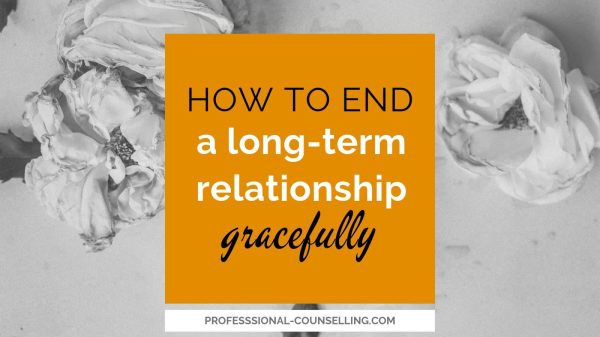In the intricate dance of modern dating, emotions play the lead role, guiding our interactions and shaping our connections. Yet, not all partners step to the rhythm of openness and vulnerability. Some seem to glide just out of reach, leaving you wondering if they’re truly present or merely going through the motions. Recognizing emotional unavailability in a date can be as challenging as deciphering a complex symphony without a score. This article aims to illuminate the subtle signs and nuanced behaviors that suggest your date may be emotionally unavailable, equipping you with the insight to navigate these delicate encounters with clarity and understanding.
Recognizing the Signs of Emotional Unavailability
When navigating the often tumultuous waters of dating, identifying whether your partner is truly open to a meaningful connection can be a challenge. Emotional unavailability can manifest in subtle, yet telling ways. Look for patterns of behavior that suggest an avoidance of deeper emotional engagement. Does your date consistently keep conversations light and surface-level, steering clear of topics that require vulnerability? This might be a red flag. Emotional unavailability often cloaks itself in humor or distraction when faced with the potential for genuine intimacy.
- Avoidance of future planning: They might shy away from discussing future plans or commitments, preferring to keep things in the present.
- Inconsistent communication: If communication feels sporadic or one-sided, it could indicate a reluctance to form a deeper connection.
- Guarded past: A reluctance to share past experiences or emotions can suggest an emotional barrier.
- Disinterest in your emotions: A lack of curiosity or empathy towards your feelings may highlight their emotional distance.
Recognizing these signs early on can save you from investing in a relationship that may never provide the emotional fulfillment you seek. Stay attuned to these cues, and trust your instincts when something feels amiss.

Understanding the Roots of Emotional Detachment
Emotional detachment often stems from complex and deep-seated origins, shaping an individual’s ability to connect with others. At its core, it can be a learned response to past experiences, often manifesting as a protective mechanism against potential pain or disappointment. Some of the roots may include:
- Childhood Trauma: Experiences of neglect or abuse can lead individuals to build walls around their emotions as a form of self-preservation.
- Past Relationship Hurts: Previous romantic disappointments or betrayals can make a person wary of vulnerability, resulting in emotional unavailability.
- Fear of Intimacy: The apprehension about getting too close to someone, driven by a fear of losing one’s independence or getting hurt, can lead to emotional distancing.
- Personal Beliefs: Cultural or familial beliefs that discourage emotional expression can contribute to a detached demeanor.
Recognizing these underlying causes is crucial in understanding why someone may struggle to open up emotionally. By identifying these roots, you can better navigate the complexities of emotional availability in your relationships.

Communicating Your Needs Effectively
One of the cornerstones of building a healthy relationship is the ability to communicate your needs effectively. It can be daunting to express what you truly want, especially if you’re unsure about your date’s emotional availability. Here are some strategies to consider:
- Be Clear and Direct: Use straightforward language to express your feelings and desires. Ambiguity can lead to misunderstandings, so clarity is key.
- Choose the Right Time: Timing can significantly impact how your message is received. Opt for moments when both of you are calm and not preoccupied with other concerns.
- Listen Actively: Ensure that communication is a two-way street. Show genuine interest in their perspective and ask open-ended questions to encourage dialogue.
- Use “I” Statements: Frame your needs from your perspective to avoid sounding accusatory. For instance, say “I feel valued when…” instead of “You never…”.
By honing these skills, you can foster a more open and honest relationship, paving the way for a deeper emotional connection.

Deciding Your Next Steps in the Relationship
Once you’ve identified signs of emotional unavailability in your date, it’s crucial to consider your next steps with clarity and intention. Reflect on your own needs and expectations in a relationship. Ask yourself if you are willing to wait for this person to become more emotionally available or if it’s best to prioritize your emotional well-being. Trust your instincts and acknowledge how their behavior makes you feel. It’s essential to ensure that your emotional needs are being met and that you’re not sacrificing your happiness for the sake of maintaining the relationship.
- Communicate Openly: If you decide to move forward, consider having an open conversation about your concerns. Express your feelings without placing blame and see if they are willing to work on the relationship.
- Set Boundaries: Define what you are comfortable with and what is non-negotiable. Clear boundaries can help protect your emotional health.
- Seek Support: Whether it’s from friends, family, or a professional, talking about your situation can provide valuable perspectives and support.
Remember, choosing to move on is also a valid decision. Prioritizing your emotional well-being and finding a partner who meets your emotional needs is vital for a fulfilling relationship.








